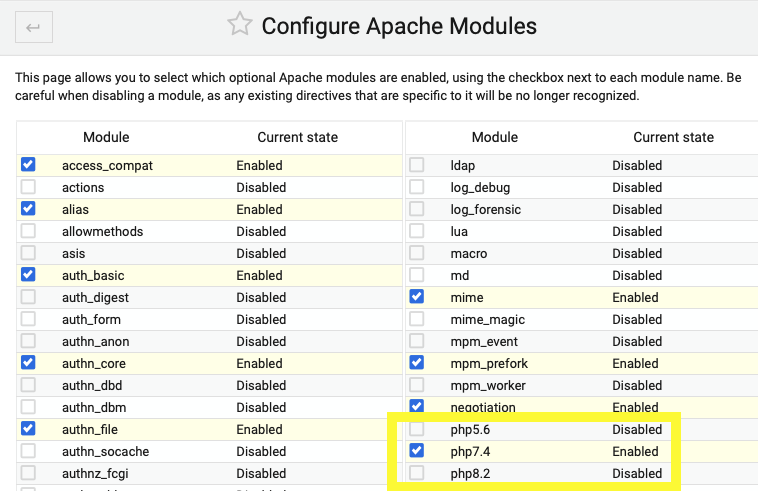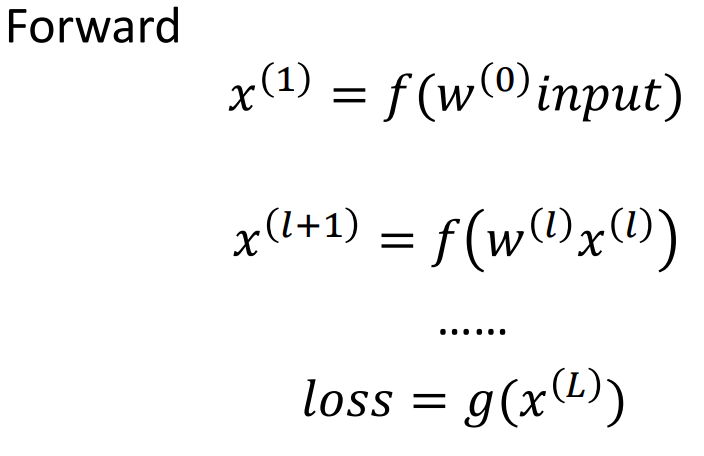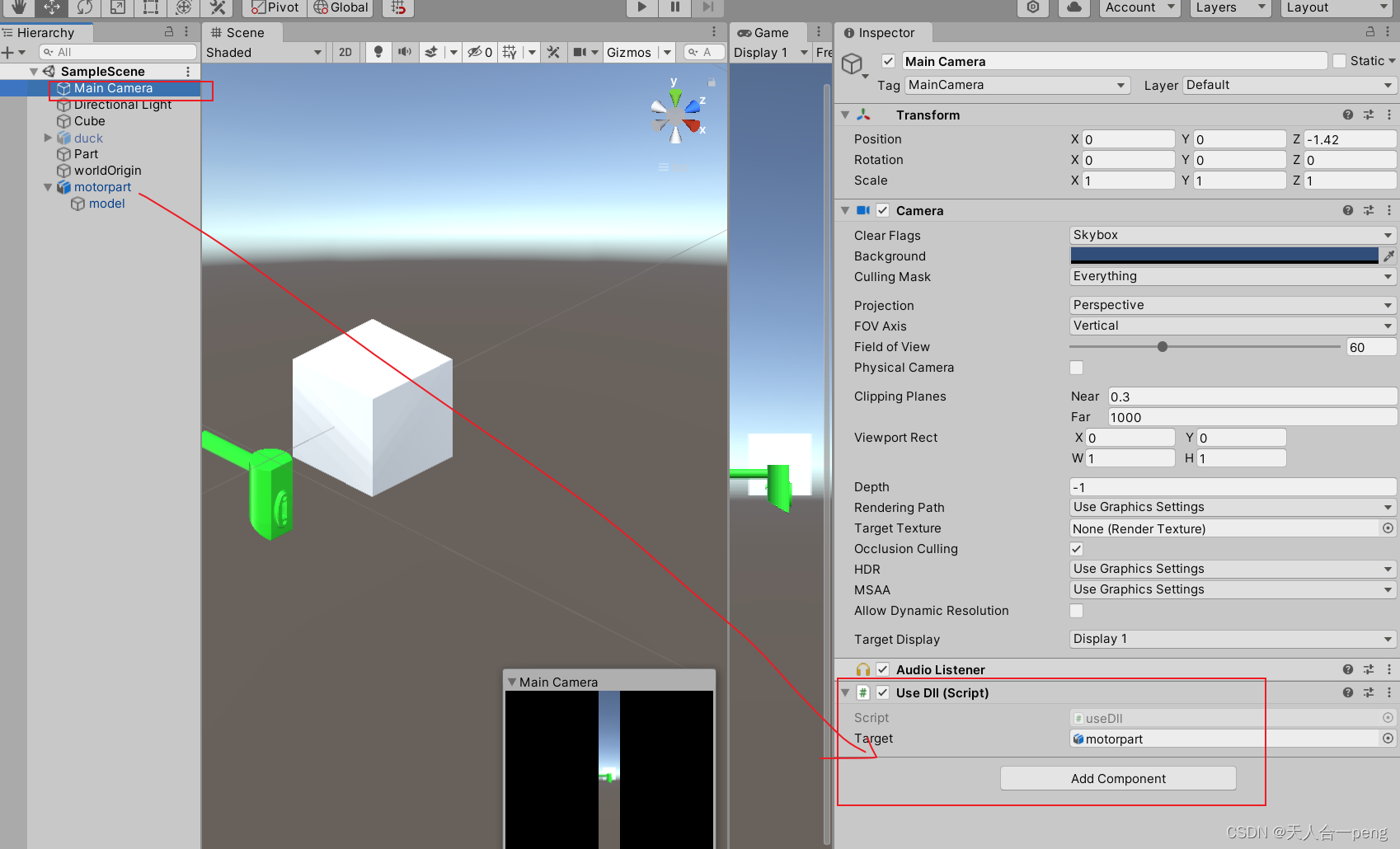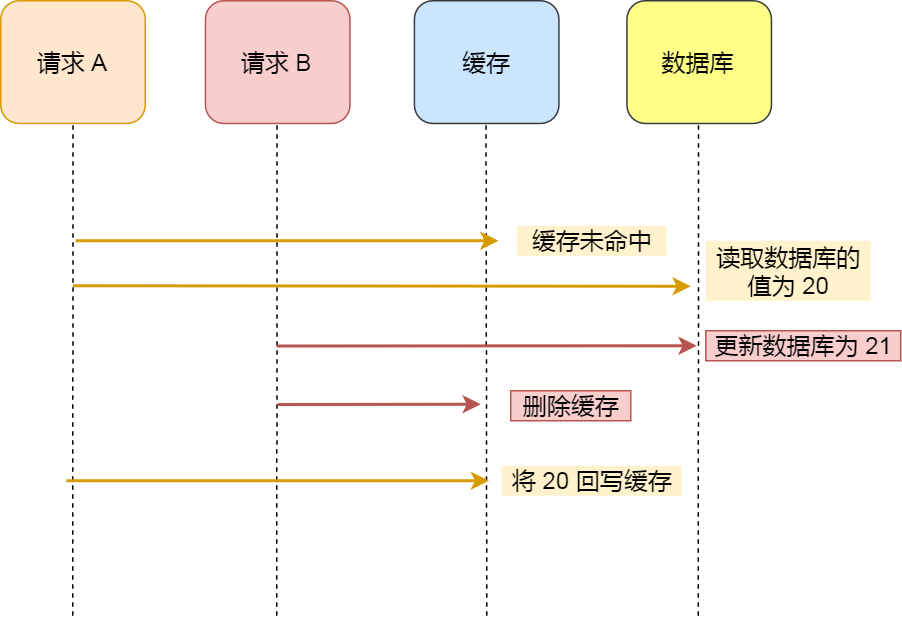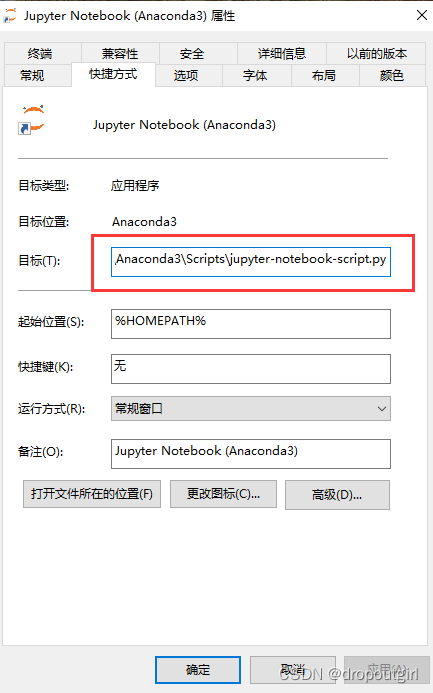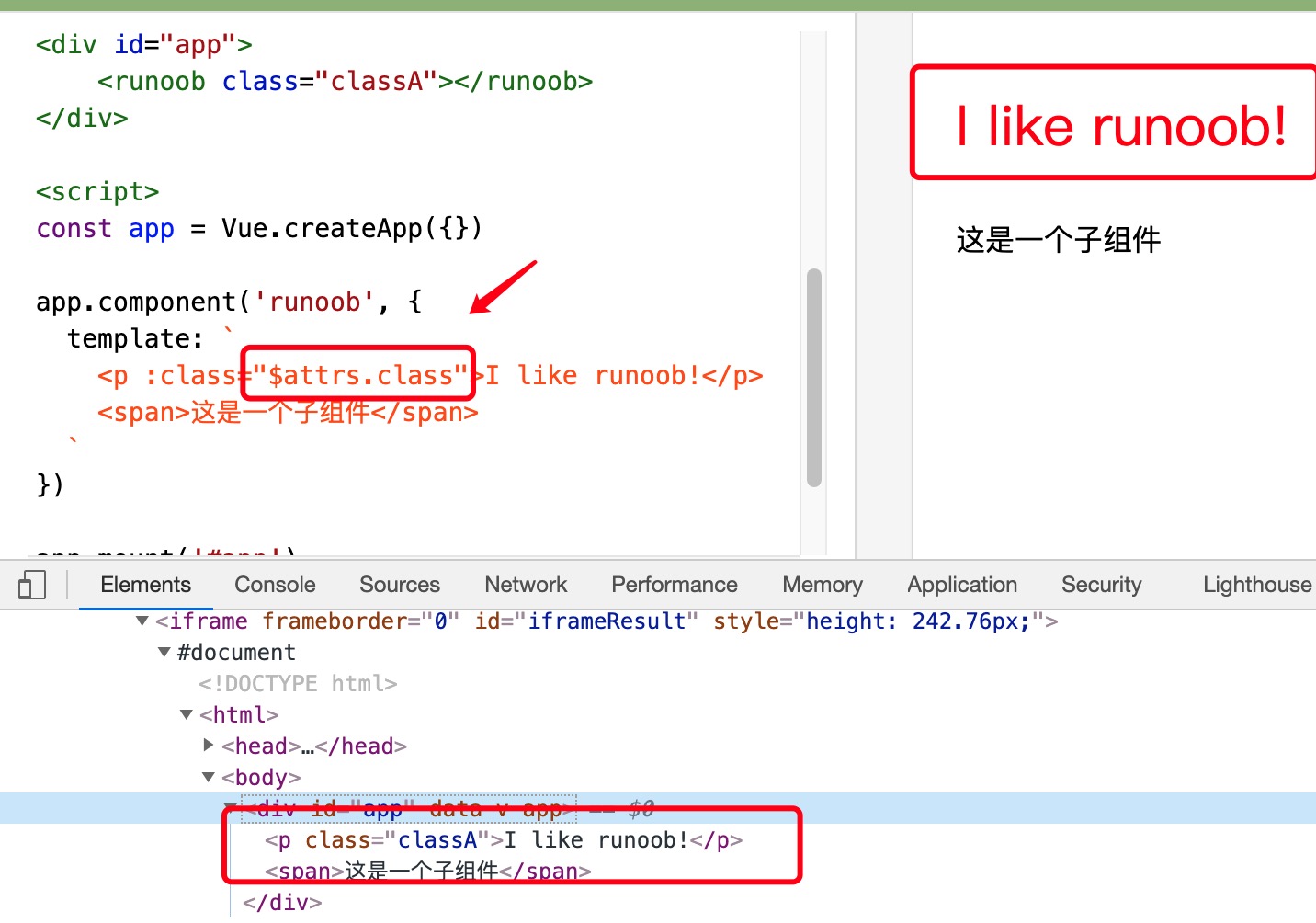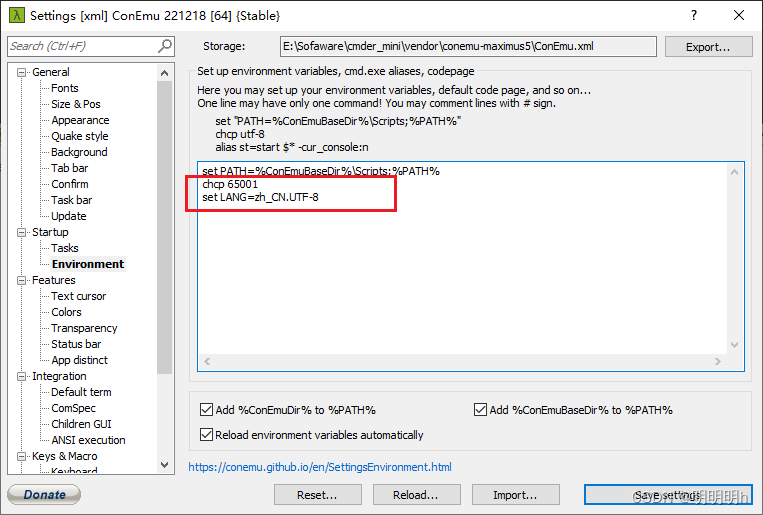定义于头文件 <fstream>
| template< class CharT, |
std::basic_filebuf 是关联字符序列为文件的 std::basic_streambuf 。输入序列和输出序列都关联到同一文件,并为两种操作维护连接文件位置。
函数 underflow() 和 overflow()/sync() 进行文件和缓冲区的获取放置区之间的实际 I/O 。 CharT 不是 char 时,多数实现在文件存储多字节字符,并用 std::codecvt 平面进行宽/多字节字符转换。
亦为常用字符类型定义二个特化:
| 类型 | 定义 |
filebuf | basic_filebuf<char> |
wfilebuf | basic_filebuf<wchar_t> |
公开成员函数
构造 basic_filebuf 对象
std::basic_filebuf<CharT,Traits>::basic_filebuf| basic_filebuf(); | (1) | |
| basic_filebuf( const std::basic_filebuf& rhs ) = delete; | (2) | (C++11 起) |
| basic_filebuf( std::basic_filebuf&& rhs ); | (3) | (C++11 起) |
构造新的 std::basic_filebuf 对象。
1) 构造 std::basic_filebuf 对象,以调用 std::basic_streambuf 的默认构造函数初始化基类。创建的 basic_filebuf 不与文件关联,而 is_open() 返回 false 。
2) 复制构造函数被删除; std::basic_filebuf 非可复制构造 (CopyConstructible) 。
3) 通过从另一 std::basic_filebuf 对象 rhs 移动所有内容,包含缓冲区、关联的文件、 locale 、打开模式、 is_open 变量和所有其他状态移动构造 std::basic_filebuf 对象。移动后, rhs 不与文件关联且 rhs.is_open()==false 。保证 rhs 的基类和 *this 的基类 std::basic_streambuf 的成员指针指向不同缓冲区,除非它们为空。
参数
| rhs | - | 另一 basic_filebuf |
注意
典型地为 std::basic_fstream 的构造函数所调用。
析构 basic_filebuf 对象并且若打开则关闭文件
std::basic_filebuf<CharT,Traits>::~basic_filebuf| virtual ~basic_filebuf(); |
调用 close() 关闭关联文件,并销毁 basic_filebuf 的所有其他成员。若 close() 抛出异常,则捕获异常且不重抛。
参数
(无)
返回值
(无)
注意
典型地为 std::basic_fstream 析构函数所调用。
赋值 basic_filebuf 对象
std::basic_filebuf<CharT,Traits>::operator=| std::basic_filebuf& operator=( std::basic_filebuf&& rhs ); | (C++11 起) | |
| std::basic_filebuf& operator=( const std::basic_filebuf& rhs ) = delete; |
赋值另一 basic_filebuf 对象。
1) 首先调用 close() 关闭关联文件,然后移动 rhs 的内容到 *this 中:获取与放置缓冲区、本地环境、打开模式、打开标志及任何其他状态。移动后, rhs 不与文件关联且 rhs.is_open() == false 。
2) 复制赋值运算符被删除; basic_filebuf 不可复制赋值 (CopyAssignable) 。
参数
| rhs | - | 将被移动的另一 basic_filebuf |
返回值
*this
调用示例
#include <fstream>
#include <string>
#include <iostream>
int main()
{
std::ifstream fin("test.in"); // 只读
std::ofstream fout("test.out"); // 只写
std::string s;
getline(fin, s);
std::cout << s << '\n'; // 输出
*fin.rdbuf() = std::move(*fout.rdbuf());
getline(fin, s);
std::cout << s << '\n'; // 空行
std::cout << std::boolalpha << fout.is_open() << '\n'; // 打印 "false"
return 0;
}
输出


